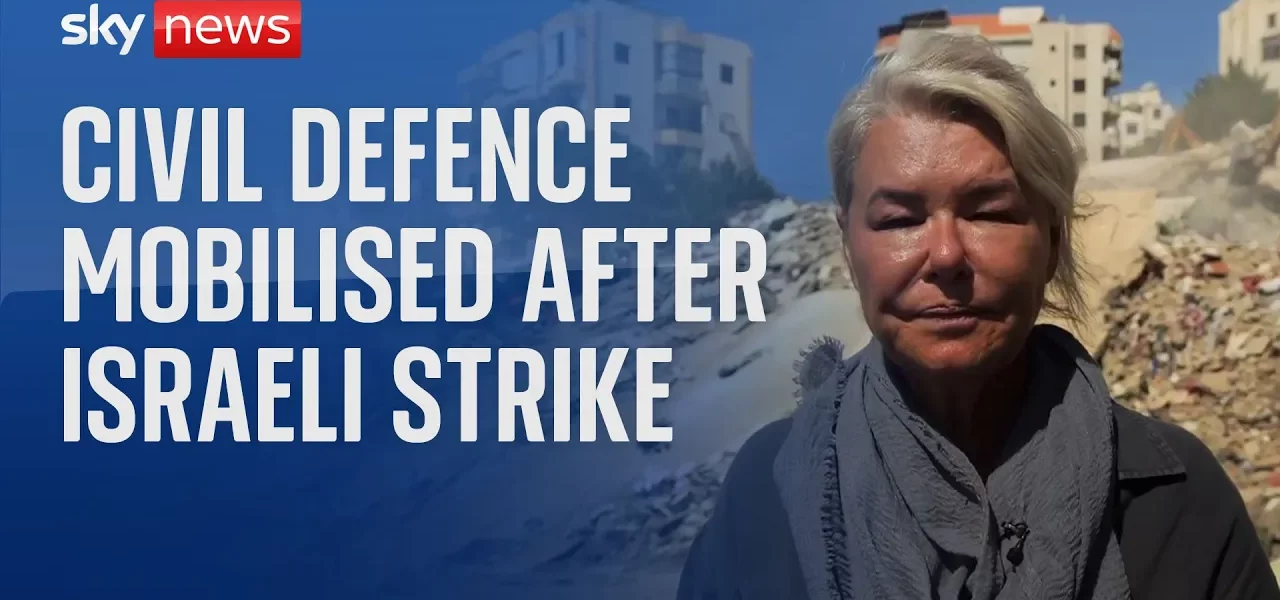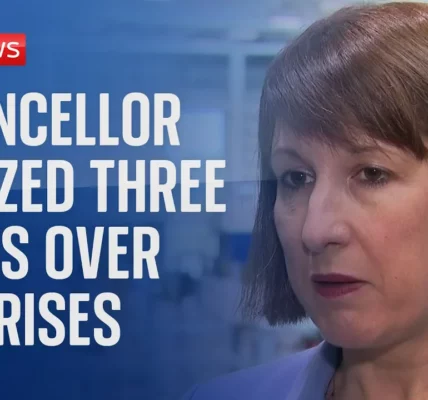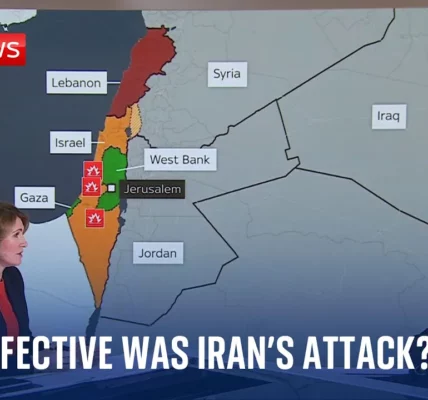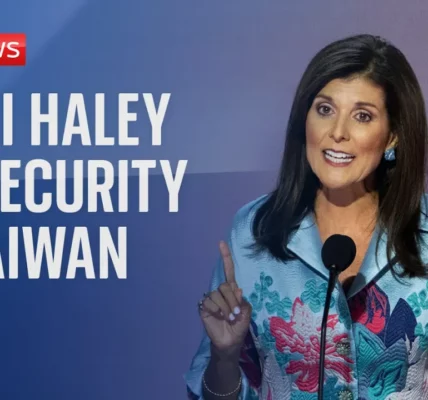IDF Strikes in Lebanon: A Humanitarian Crisis Unfolds

This article provides an in-depth analysis of the recent IDF strikes in Lebanon, the humanitarian impact on civilians, and the international response to the escalating conflict.
Introduction
The ongoing conflict in Lebanon has reached alarming levels, particularly with recent Israeli Defense Forces (IDF) strikes targeting various locations across the country. Notably, strikes in the heart of Beirut have marked a significant escalation since the onset of hostilities last October. This article explores the details surrounding these strikes, the humanitarian crisis they have precipitated, and the responses from local and international entities.
The IDF Strikes: Overview and Impact
In the latest round of violence, the IDF has targeted key areas, including residential neighborhoods in Beirut and Sidon, leading to widespread destruction and civilian casualties.
Locations of the Strikes
- Beirut: First strike in the city center since October escalation.
- East Bekaa Valley: Continuous air strikes impacting various communities.
- Sidon: Two residential blocks completely collapsed due to bombardment.
Civilian Casualties and Rescue Efforts
Rescue operations are ongoing, with the Lebanese Civil Defense and Army tirelessly searching for survivors under the rubble. Despite the grim circumstances, some individuals have been rescued, providing a glimmer of hope amidst the tragedy.
Community Response
The community’s reaction has been one of anger and despair. Many residents are expressing frustration towards Western nations, particularly Britain and the United States, whom they perceive as complicit in the ongoing violence. This sentiment reflects a broader dissatisfaction with international inaction regarding the conflict.
The Humanitarian Crisis
The impact of these strikes has led to a severe humanitarian crisis, with thousands of families displaced and in urgent need of assistance. The Lebanese caretaker government has issued warnings about the catastrophic situation unfolding in the country.
Displacement and Shelter Issues
Many families from the south of Lebanon, fleeing intense air strikes, have sought refuge in the affected areas, leading to overcrowding and inadequate shelter. The crisis is exacerbated by the following factors:
- Increased homelessness due to destroyed residential buildings.
- Insufficient access to basic necessities such as food, water, and medical care.
- Psychological trauma among survivors, particularly children.
International Response and Aid
In light of the escalating humanitarian crisis, international entities are being called upon to intervene. Key points include:
- Calls for a ceasefire by local authorities.
- Upcoming discussions involving the French Foreign Minister and other key partners.
- Urgent need for humanitarian aid from international organizations.
Hezbollah’s Role and Responses
Hezbollah’s response to the ongoing air strikes has been a point of significant discussion. Despite their promises of a powerful reaction, their military responses have been limited thus far.
Military Capabilities and Limitations
While Hezbollah is known for its military capabilities, the current situation reveals several constraints:
- Limited ability to retaliate effectively against IDF strikes.
- Internal pressure to maintain support among the population while managing military operations.
- Concerns about escalating the conflict further, potentially drawing in broader regional powers.
Conclusion
The IDF strikes in Lebanon have resulted in a profound humanitarian crisis, with dire implications for the civilian population. As international discussions begin, it is crucial for the global community to address the escalating violence and its impacts on innocent lives. The need for a ceasefire and humanitarian assistance is more urgent than ever. We urge readers to stay informed and support initiatives that aim to provide relief to those affected by this conflict.
“`




